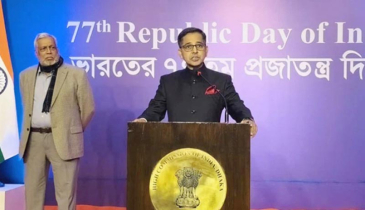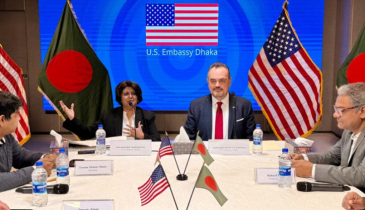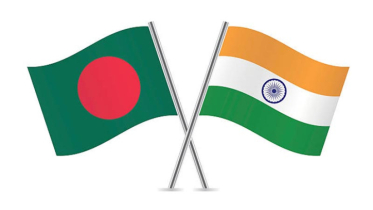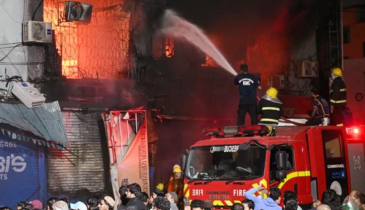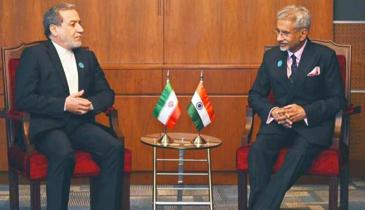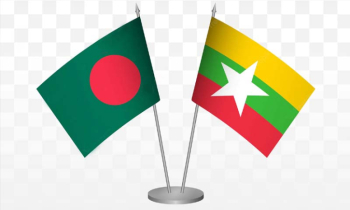Myanmar officials in Bangladesh for Rohingya repatriation talks
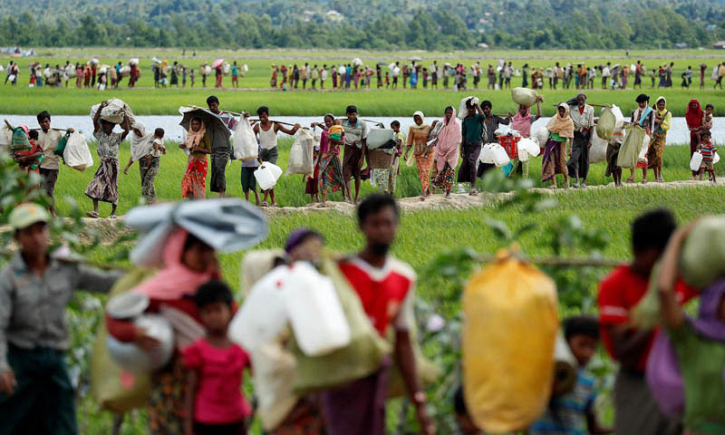
Myanmar officials arrived in Bangladesh on Tuesday to meet with Rohingya refugees as part of a long-stalled repatriation scheme now backed by China.
Bangladesh has been hosting approximately one million Rohingya refugees, most of whom fled a violent crackdown by the Myanmar military in 2017. This military operation is currently under investigation by the United Nations for potential genocide.
The Rohingya, a stateless and persecuted minority, reside in overcrowded, perilous, and under-resourced relief camps. Several previous attempts to facilitate their safe return to Myanmar have faltered due to reluctance from both the Myanmar authorities and the refugees themselves.
The delegation of Myanmar officials made their way to Teknaf, a river port situated just across the border they share with Bangladesh. Their primary agenda is to engage with several dozen Rohingya families, discussing the repatriation process and verifying the refugees' identities.
"The delegates will depart for Myanmar today but will return tomorrow," stated Shamsud Douza, Bangladesh's deputy refugee commissioner, emphasizing the importance of the ongoing dialogue.
According to Bangladeshi officials, Myanmar has formulated a plan to repatriate approximately 3,000 refugees by December, as part of a pilot repatriation program agreed upon in a tripartite meeting involving both nations and China in April.
While Myanmar expresses readiness to accept the returnees, a significant challenge remains—the Rohingya refugees themselves are hesitant to go back to their homeland. This hesitancy is deeply rooted in their demands for citizenship rights and secure resettlement in their original lands.
"We are interested in returning to our country if Myanmar takes us back to our place of origin, grants us dignity, and ensures all our rights," stated Khin Maung, a Rohingya leader, echoing the sentiments of the Rohingya community, which has long stressed the importance of a comprehensive resolution to their plight.
.png)



